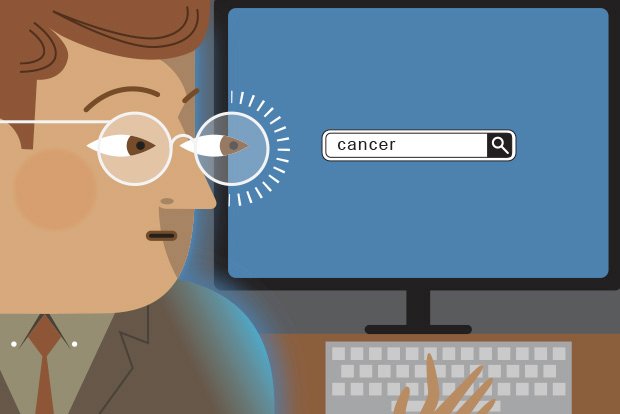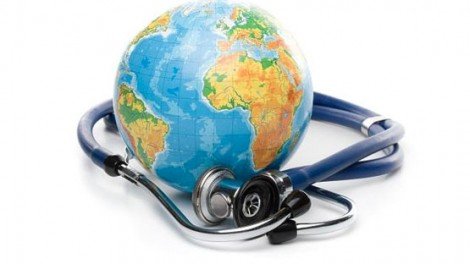Overview
In an age when accurate health information is more accessible than ever, a troubling paradox is unfolding: misinformation about cancer is reaching more people than the truth.
Recent research has revealed a disturbing pattern—social media platforms are becoming breeding grounds for false or misleading cancer-related content. Posts promoting unproven remedies, anti-treatment narratives, and conspiracy theories consistently outperform factual, science-backed updates in terms of reach and engagement.
This is not just a public health concern. It’s a case study in how modern platforms can algorithmically elevate emotional storytelling over verified expertise—and it’s reshaping the way consumers, patients, and even investors perceive medical innovation.

The Mechanics Behind the Misinformation Boom
What’s fueling this distortion of truth?
- Emotionally Charged Content Wins Attention
Misinformation is often packaged as highly emotional, personal stories—“I cured my cancer with diet,” or “Chemo is a hoax”—designed to provoke outrage, hope, or fear. These posts trigger more likes, shares, and comments than sober, science-driven updates. - Algorithmic Incentives Reward Virality, Not Accuracy
Social platforms prioritize engagement. The more a post resonates—regardless of truth—the more visibility it gains. Unfortunately, nuanced medical data doesn’t always spark virality, while bold (often misleading) claims do. - Distrust in Institutions Adds Fuel to the Fire
Years of eroded trust in traditional institutions—governments, pharma companies, even doctors—create fertile ground for alternative narratives. When people feel betrayed by the system, they’re more receptive to fringe explanations.
Low Health Literacy Amplifies the Impact
Many users simply lack the background to differentiate between anecdotal claims and clinical evidence. When “natural cures” and medical advice look identical in a feed, people default to what feels hopeful or familiar.
Why This Should Worry Business Leaders
For those building or leading in the realms of health tech, biotech, data science, and digital platforms, this trend has serious implications:
- Health startups may find themselves undermined by false narratives that spread faster than their evidence-based messaging.
- Tech platforms must rethink how algorithmic design unintentionally promotes misinformation in critical domains like healthcare.
- Investors should question whether the companies they back are not only innovative—but also trusted enough to survive in an age of growing public skepticism.
- Corporate wellness initiatives may need to address a new kind of risk: employees acting on social media myths instead of medical advice.

Final Thoughts
If misinformation continues to outperform medicine in the attention economy, what happens when we need the public to believe in science again—urgently?
How do you think platforms and innovators should balance free speech with public health? Let’s discuss.


